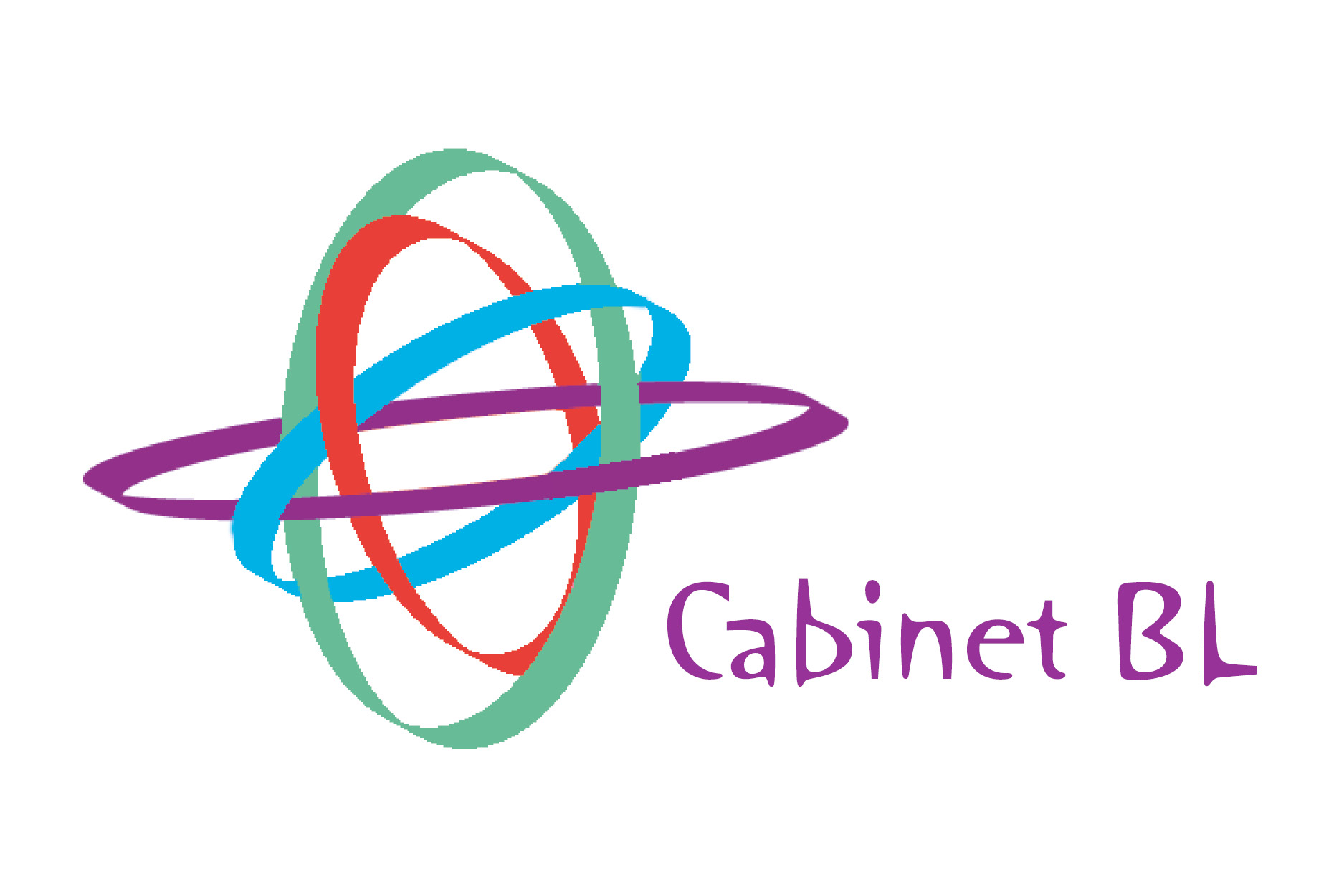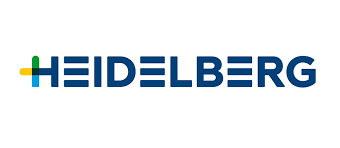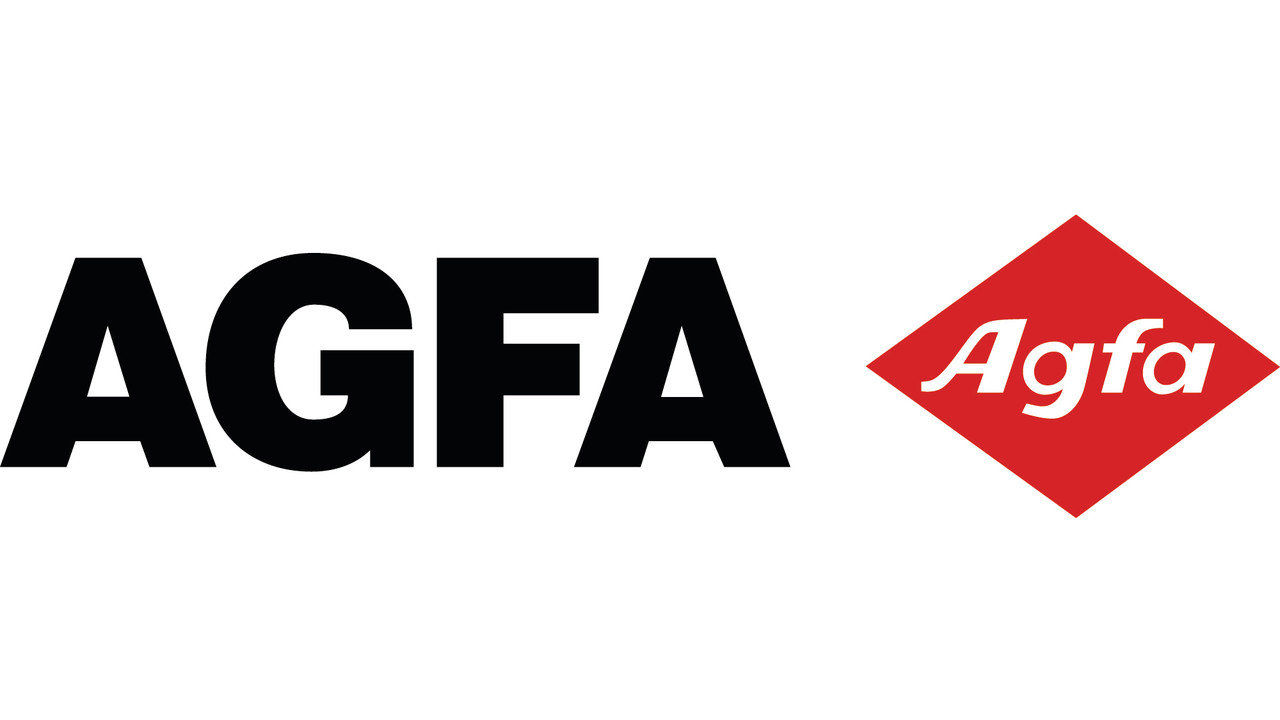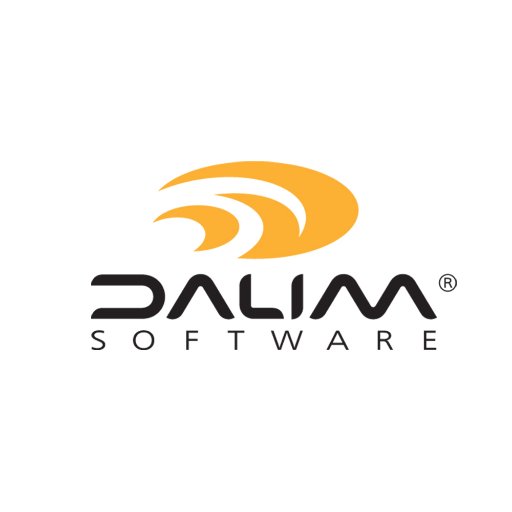The End of AMP
I am hopeful that 2021 will be the beginning of the end for two of my least favorite things – the pandemic and Accelerated Mobile Pages (AMP).
For the past few months, I’ve been focusing on Google’s Page Experience update due to launch in May and what it means for publishers. The largest and most talked-about item in the update is Google announcing that sites with passing core web vitals will receive a ranking boost on mobile. However, there is another important item in the update – the end of special treatment for AMP pages.
AMP is an open-source framework that Google created with the stated goal of making mobile web pages fast. AMP pages must follow a specific set of rules and use a fixed set of features and functionality.
While the stated goal of AMP – making the web fast – sounds noble, AMP also came with the unfortunate requirement that publishers let traffic sources such as Google cache their content and serve it from their domain, such as google.com. In practice, this meant that when a user clicks on a search result from the BBC, they didn’t go to BBC’s website; they view a copy of the BBC’s content on google.com. AMP created all kinds of problems, from analytics to ad serving to logins. Perhaps most importantly, it created a temptation that even Google couldn’t resist – encouraging users to stay on Google instead of consuming more content on a publisher’s website.
Example of Google’s AMP carousel search results
Google provided a distinct advantage to sites using AMP – priority placement on the world’s largest traffic source – Google search. I’ve had the pleasure of working with more than twenty thousand publishers in the five years since AMP’s launch, and I don’t believe I’ve ever heard a single reason that a publisher uses AMP other than to obtain this priority placement. Let me package that up for you – Google, the most dominant search engine globally – used that dominant market position to encourage publishers to adopt technology so that Google could store and serve publisher’s content on Google’s domain. How is that legal? Well, I’m not a lawyer, but it possibly isn’t.
The good news is that, in May, this is all about to change. Part of the Google update is that all pages with high Page Experience scores are eligible to be in the featured top news carousel. This effectively means that publishers will no longer be forced to use AMP and can instead provide fast, rich experiences on their own domains.
It will be interesting to see if Google indeed relies on their own page experience scores or still biases towards AMP because AMP often scores worse than regular web pages on these metrics. Because AMP didn’t allow publishers to use their own JavaScript, AMP needed to replicate all of the significant functionality on the internet into the AMP framework. Predictably, this resulted in an ever-growing library of JavaScript that needs to be downloaded and parsed to run an AMP page. On my test page, it loaded the scripts shown in the image below. Some are specific to functionality on the page, but the core framework and analytics alone are more than 100kB.
Ok, so AMP loads a bunch of junk my site doesn’t use, but how does it do with core web vitals? I tested two websites, one which is normally ok-to-poor on web vitals and speed and the famous lafoo – which is perfect.
Both sites are measurably worse on their AMP versions. The amount of data transferred is higher, the script execution is worse, and the page takes longer to load. So much for the promise of speed and a better user experience.
The good news gets even better; non-AMP pages make considerably more revenue per pageview than AMP pages. Initially, I assumed this was due to the nature of how ads load on AMP, however, recent Antitrust lawsuits have proposed that hindering ad competition was a feature and that all non-amp ad tags, such as my company, Ezoic’s, were delayed by 1 second to make them less effective. It is also alleged that Google let their own exchange win, even when someone else bid more!
While comparing AMP to COVID-19 wasn’t fair, I am anxiously awaiting the descent of both. What does this mean for you as a publisher? Simple – get to work right now to ensure that your site has a great user experience AND has a great user experience score. Avoid unnecessary JavaScript, plugins and bloat, and make your site easy-to-use. If you’re currently using AMP, you’ll be able to get rid of that monstrosity in May, and if you aren’t, you’ll now be competing for search positions previously unavailable to you. For publishers, it is a win-win.










































